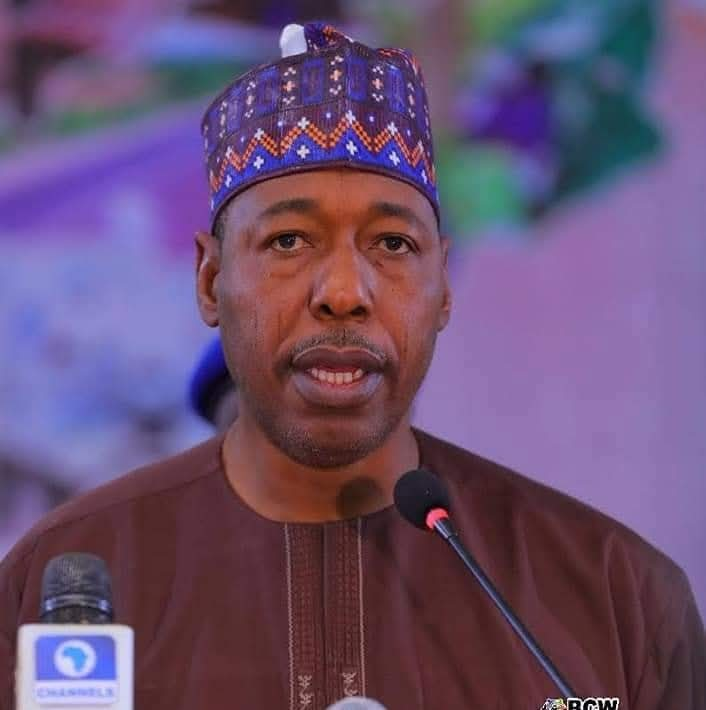I Was Addicted to Dating Apps, Until I Uncovered the Real Problem – Ginelle Testa
On Dating Apps, Imet a guy on Tinder, and we went on three dates in two weeks. Then he ended it by text: He said I wasn’t healthy.
According to story published in the news week, I read the message, then spent the next forty-five seconds feeling bad, but within minutes, I was back tapping my way through Tinder, Bumble, and Hinge. For the next three hours, I eased the pain of rejection by doom-swiping through potential matches.
This was my pattern. I downloaded dating apps, hunted for potential lovers, and when I found a candidate, I talked or texted for a day or two before going on a date, which sometimes involved sleeping with them immediately.
Sometimes, there was another date, maybe two, but by the end of date one, I was already obsessing about our lives together.
As the pattern went, within a couple of weeks, the man, woman, etc. would end it—by call, text, ghost, whatever—then I’d resume the panic cycle of tapping and scrolling and stressing and moping.
I was becoming hopeless. I believed I was never going to find a partner, and at the same time, I was miserably addicted to dating apps. They had a grip on me as tight as the chokehold drugs and booze had once had.
Ginelle Testa, pictured inset left, found herself addicted to dating apps. But there was a deeper problem she needed to resolve than just getting rid of the apps on her phone.
I’m an addict, a multi-layered one. So I know well what it means to chase a substance or person with abandon and later end up with crushing disappointment, guilt, shame, and further damaged self-esteem.
I’d already done the steps and worked my way through addictions to alcohol and drugs in Alcoholics Anonymous.
I’d also joined Sex and Love Addicts Anonymous (SLAA), where I learned how to not chase lovers who offered me only a small corner of their lives (while the rest of the room was filled with, oh I don’t know, a wife, kids…). I fought the fight and emerged educated and empowered.
So what the hell was I doing now, tapping and swiping and behaving like a full-blown junkie? After everything I’d learned in therapy and in twelve-step programs, how had I let myself become addicted yet again?
Apparently, I’m not the only one. Dating apps have lustfully lured millions of people.
On Valentine’s Day 2024, six dating app users filed a lawsuit against Match Group (the owners of the Hinge, Tinder, etc.), claiming the company has a “predatory” business model that locks people into addictive habits, including spending more money than they can afford.
Although I do think dating apps are addictive, whether or not they are is arbitrary. Match Group is not going to change. I’m still going to use the apps. All we can really control is our relationship with them, so that’s what’s worth looking at.
The energy I brought to the dating apps was a problem. Some studies show that it’s more likely that what makes some of us highly susceptible to their seductive charms has to do with the relationship we have with ourselves.
My culpability in the dating app addiction situation was no different.
I brought a frantic energy to my relationship with dating apps, a kind of panic—that was the first problem. I swiped as if my happiness depended on finding a fit right there inside my little phone.
If I missed a day or even a few hours, I might miss the one!
That thinking chained me to the apps. And of course, I wasn’t using only one app—I had to check in regularly with five of them, and I had to be thorough about it because, again, one slip and I might be stuck having to hang out with only myself!
But it wasn’t only the swiping and people shopping I made into a numbers game of desperation. It was the dating itself. I thought if I didn’t get together with at least three people a week, I wasn’t trying hard enough.
So I dated not only those I was excited about but people I was only mildly interested in, and even those I really didn’t think I liked anything about. I told myself the more humans I exposed myself to, the better my chances of finding the right one.
Why? Why would anybody do that?
Because I had low self-esteem. I thought I wasn’t worthy of a healthy relationship, so I told myself a fling here, a hookup there, was the best someone like me should hope for.
And I had no tolerance for loneliness or boredom. An unfilled hour in my day was a form of torture, so I filled the time with just about anyone who paid attention to me. I knew I needed to do something. I had to change.
Within SLAA, I found the potential for a solution, but I pushed back. SLAA members offered some pretty radical suggestions for how I might make healthy dating choices, and I smiled and nodded while thinking, not a chance in hell I’m doing that.
“Don’t have sex outside a committed relationship,” said caring person number one.
Um, yeah. . .no.
“For the first couple months, don’t see the same person more than once a week,” offered well-intentioned SLAA member number two.
Good one.
“Dial back how much time you spend on dating apps. Dial it back to 30 minutes a day,” said the sanest-sounding one of the three. “Or delete them all and just meet people out in the real world.”
Wait, delete the apps? Was this woman crazy?
Rather than diving headfirst into all these drastic suggestions, I focused on what I thought was the best of SLAA, and that suggestion came from my sponsor. “What if you spent less time looking outward and started working on your relationship with yourself?”
Well goddamn. That made sense.
I knew it was time I learned to get comfortable with being solo. I even wanted to figure out how to get excited about the idea of being on my own for a day, for an entire weekend—or longer.
I really wanted to believe long stretches of life without a partner didn’t indicate I was a loser or unworthy of love. And I knew that was a matter of developing self-esteem.
In fact, both sides of this scenario fed the other: Spending more time alone would build my self-esteem, and with higher self-esteem, I’d be more likely to enjoy being alone.
I had to internalize the idea that anyone would be lucky to hang with me—including me.
I knew this kind of thinking was possible because I knew people who were thriving without a romantic prospect in sight. They worked and took classes, they traveled, they spent time with family and friends, they spent time all by themselves and enjoyed it. I wanted to learn the secrets of these people.
My first question was about how they dealt with boredom without running to their phones to swipe like a maniac. I knew my own propensity for boredom was a big part of my problem, and research published in BMC Psychology backs me up.
According to this study, the people most likely to develop “problematic use” of dating apps were those who used Tinder to “reduce boredom.” In other words, Tinder is no place to seek satisfying entertainment.
I believe you’ll get better at anything you practice, so I started practicing spending time alone, away from dating apps.
I decided my solo time could include 30 to 60 minutes a day, more or less, of swiping, while I’d spend the majority of my time alone doing activities I like: Reading, playing video games, writing, spending time on at a nearby pond.
Good, now I had the start of a plan.
I also talked to my therapist about the changes I wanted to make. She helped me understand that dating as a numbers game means using people as time fillers. That made sense.
How many years had I already gone, filling days and nights with people who were simply not worth my time—because we wanted different things, they weren’t a match, etc.?
She helped me see that I had to be choosier. She was right, of course. Since narrowing my scope and being pickier about who gets to share my time, I’ve found higher-quality matches.
As a result, now when my dates talk, I’m a lot more interested in what they’re saying. And sex waits until I actually know them enough to share that part of me.
I went all in on this mission to build my self-esteem, and that included seeing a dietitian to work on my disordered eating and meeting with a psychiatrist to get my bipolar under control.
I also dedicated myself to staying in better touch with my friends and to trying harder at work. Over time, as I watched myself doing positive things and avoiding unhealthy behaviors, I could feel my self-esteem growing.
Before long I was spending about an hour a day on dating apps instead of five. I now go on one date a week instead of three. I show up to dates with high hopes but low expectations, and I walk away when a situation doesn’t suit me.
As a result, I feel my energy is calmer. I no longer crackle with anxiety about what I might be missing. Sure, sometimes I still doom-swipe after a date doesn’t work out, but I catch myself doing it and shift my attention to something that makes me feel good, like showing up to my weekly yoga class or competitive cornhole league.
When I change the channel like that, I can feel my breathing ease and my blood pressure drop. And I know making the choice to stop using a dating app to soothe is good for my self-esteem.
If you’re struggling with app addiction, you’re certainly not alone. And isn’t that an irony? App addition makes you feel alone despite the fact that you share a condition with millions of other people.
And yes, those apps are designed to hook us and keep us. Like slot machines, they pay off just often enough to keep us coming back to spend all our precious dollars.
But never forget you’re the boss of all this. Despite the addictive nature similar to a drink, no one can force anyone to spend hours on a dating app.
It’s a glorious feeling to know you’re in control of an aspect of your life, and sometimes the first step to taking control of a situation means closing the door on whoever or whatever seems to be controlling you.
If you want to feel less dependent on dating apps, set the phone down and try going out into the world on a date with one of the best people you know: You.
Source: Newsweek










